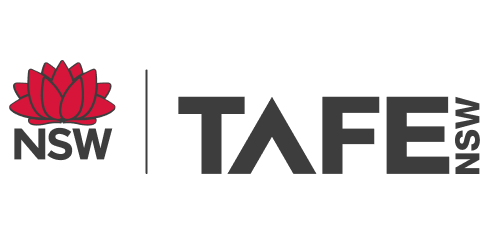



The entry requirements to study health will vary based on the exact course you want to do. Academic requirements will differ between education institutions and the level of study you undertake. For the most accurate information, you should view the course information on the institution’s website.
Typically, you’ll need to have an Australian Senior Secondary Certificate of Education (Year 12) or the overseas equivalent.
For postgraduate courses, a satisfactory completion of an undergraduate degree is required. However, some institutions may take relevant work experience or research ability into consideration as well.
For Vocational Education and Training (VET) Courses, most students will need to have reached a level of study equivalent to the Australian Year 10. Some courses may require extra prerequisite subjects or work experience.
When studying healthcare in Australia, there are several skills that will help you be the best healthcare professional you can be. While some things can be learned, these are some intrinsic skills you should possess, or be willing to work on:
Careers in health aren’t for everyone. Typically, you’ll be working with all sorts of people who have all kinds of challenges, whether they are old and frail, sick, injured or in a state of mental health crisis. Empathy, compassion and understanding are essential soft skills to excel in a healthcare career, as well as formal training in your chosen health field.
Most health courses can be studied full-time or part-time, either in-person, online or a hybrid mix. This provides you with flexibility to continue working while you study. It’s important to remember that most health courses will have a work placement period that is in-person.
There are several pathways to study health, from TAFE certificates to university level degrees. To find the best health course in Australia, you need to decide where you want your health career to take you, while also taking into account your current level of healthcare knowledge and any previous study you’ve done.
Here are some of the different health courses available in Australia:
There are several career pathways you can enter after studying health in Australia, including:
Some of the leading Australian institutes to study health include University of Sydney, University of Queensland, Monash University, Australian Cathloci University, Curtin University of Technology and La Trobe University. Most universities offer not just bachelor degrees but also certificates and diplomas. TAFE is also an excellent institute to study a range of health courses.
The healthcare industry is responsible for some of the highest paid careers in Australia, like general practitioners who make an average of $156,000 per year, or surgeons who make an average of $191,000 per year. Roles within health research and administration, as well as community support and disability health services do not pay as highly GPs and surgeons, but are just as essential to the Australian healthcare system.
Following the COVID-19 pandemic, health careers continue to be in demand in Australia in 2022 and beyond. In fact, health and social care is Australia’s largest and fastest-growing sector, employing over 1.8 million people in 2021, which is set to rise to 2 million by 2025.
There is a current shortage of nurses, carers, support workers, allied health professionals and other key workers, which is reflected in the high and rising number of job advertisements.
Government funding assists students by subsidising their tuition fees. Schemes vary from state to state, but there are several government funded health courses such as a Graduate Certificate in Nursing Education, Certificate III in Individual Support (Disability), Graduate Diploma in Psychology (Advanced), Certificate III in Pathology Collection and more.